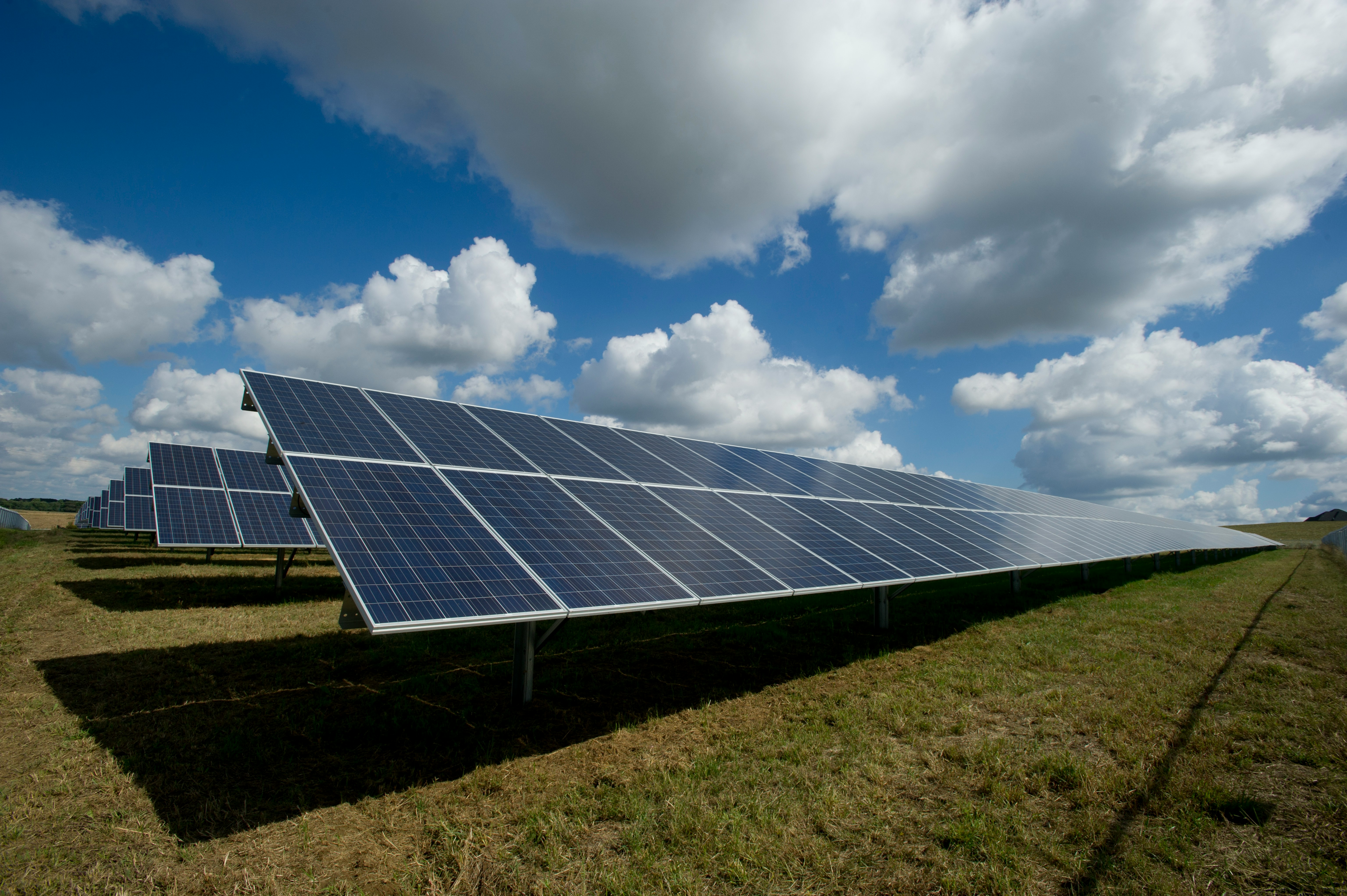What are the Advantages and Disadvantages of Solar Energy?

Americans are increasingly finding themselves worried about the state of the planet. According to polls, around two-thirds of US citizens think that the country should prioritize the development of alternative sources of energy.
Among the most important and obvious of these alternative energy sources is solar power. But exactly what is solar power, and why is it worth considering?
What is solar energy?
Photovoltaic solar panels represent the vast majority of solar energy generation. These panels work via slightly different principles, but the underlying result is the same. Photons emitted by the sun strike the panel, and electricity is produced.
Solar panels are typically placed in locations exposed to sunlight. A rooftop might be a good example, however, if you have a large tree casting a shadow on your roof, then it probably won’t work out. The more light you’re getting, the more energy you can use. Similarly, the larger your panels, and the more of them you have, the more energy you’re generating.
Pros
Solar power is a renewable energy source. It doesn’t produce emissions at the point of generation, in the same way as oil, coal and gas. By making the switch to solar, therefore, we can limit our emissions.
Renewable energy is also advantageous in that it reduces our reliance on foreign energy sources, and our vulnerability to global fluctuations in the prices of oil and gas. Solar panels tend to bolster the value of a property, and make it less damaging for the natural world, too.
You can find many of the materials and equipment you’ll need to maintain your solar panels on major websites like RS Americas. However, the initial installation might be too difficult for a non-professional to take on. As such, the price of entry can be considerable.
Cons
With all of this said, there are a few major downsides to solar power. First is the upfront cost. Install solar panels on your home, and it will take a while for the investment to pay for itself. However, you could claim a federal tax credit to offset the cost of the installation.
Solar power is obviously dependent on sunlight. If you live in an area that doesn’t receive much of it, then you might find that the technology isn’t viable. The intermittent nature of sunlight also requires an investment in batteries, which represents an additional cost and installation challenge.
Finally, it’s also worth considering that the manufacture of a solar panel imposes an additional environmental cost. The same goes for batteries. This is because of the rare minerals that must be extracted from the earth in order to create these devices. While these costs are offset by the savings over the long-term, it’s worth still considering them.
(Devdiscourse's journalists were not involved in the production of this article. The facts and opinions appearing in the article do not reflect the views of Devdiscourse and Devdiscourse does not claim any responsibility for the same.)










